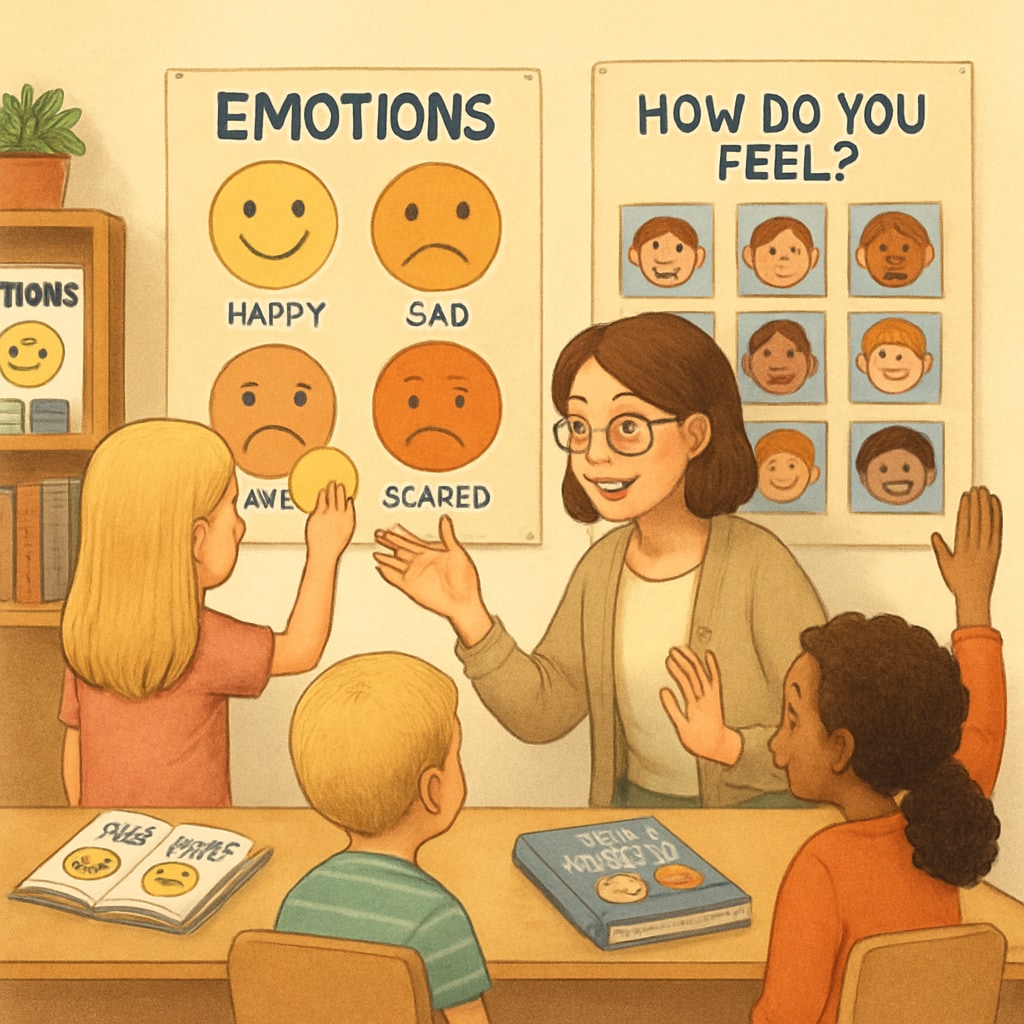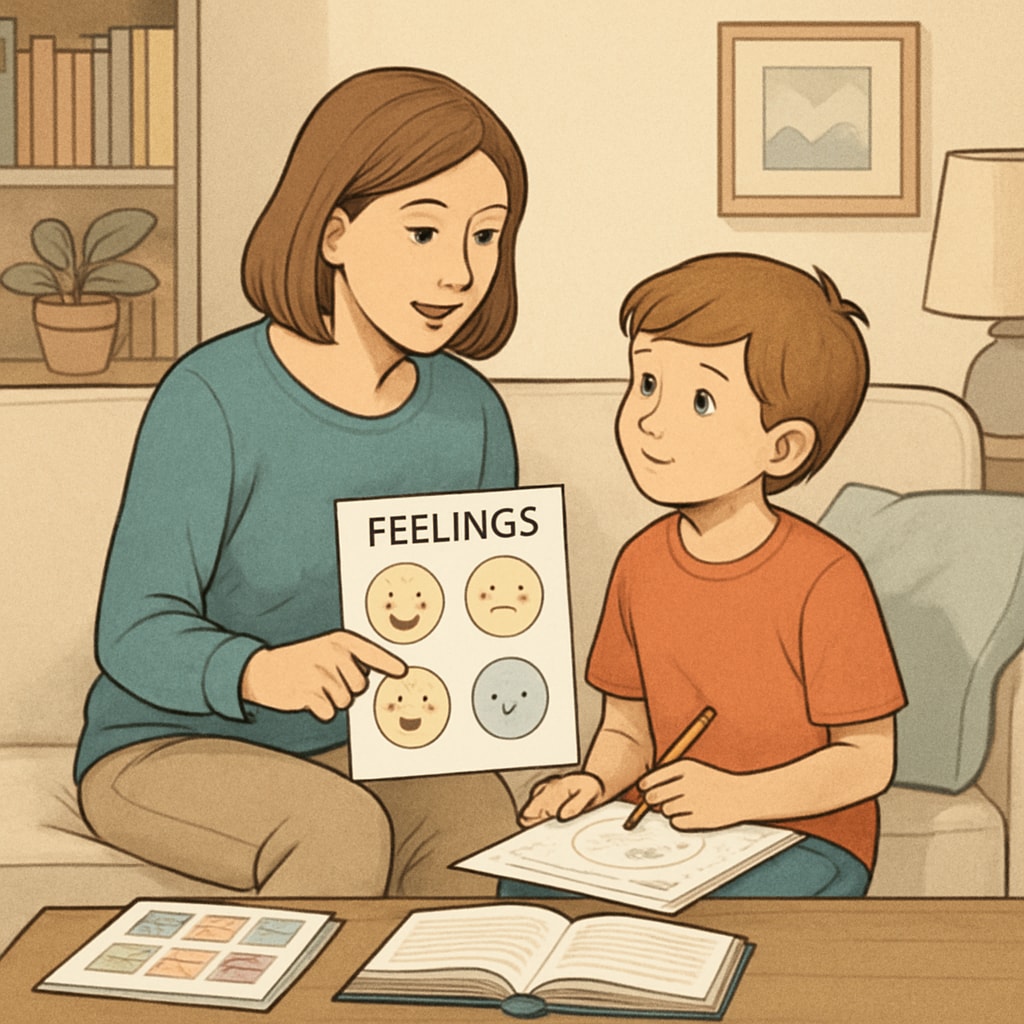Emotional education is not just a supplement to academic learning; it is a fundamental pillar in shaping children’s development, emotional management, and their ability to respond to challenges throughout life. By equipping children with the tools to understand and regulate their emotions, we lay the groundwork for resilience, empathy, and positive relationships. In this article, we explore the significance of emotional education and how it contributes to fostering healthy emotional responses in children.
Why Emotional Education Matters
Emotional education refers to the process of teaching children how to identify, express, and manage their emotions effectively. It goes beyond academic success, addressing the emotional and social aspects of their growth. For example, children who receive emotional education are better equipped to handle stress, navigate social relationships, and develop empathy for others.
According to the concept of emotional intelligence, individuals with strong emotional skills often perform better in personal and professional settings. This highlights the importance of integrating emotional education into a child’s upbringing for holistic development.

Building Emotional Regulation Skills in Children
Teaching children to regulate their emotions is a critical component of emotional education. Emotional regulation involves understanding one’s feelings, controlling impulsive reactions, and responding appropriately to challenging situations. Structured programs and activities, such as mindfulness exercises or role-playing, can help children develop these skills.
For example, schools can incorporate emotional education curriculums that teach students to recognize different emotions and practice constructive responses. Parents can also play an essential role by modeling positive emotional behaviors and encouraging open conversations about feelings.

Long-Term Benefits of Emotional Education
Emotional education has profound long-term effects on a child’s mental health and social development. Children who master emotional skills are more likely to build healthy relationships, exhibit resilience in adversity, and develop a strong sense of self-awareness. Furthermore, these skills contribute to reducing the risk of mental health issues such as anxiety and depression.
Studies from Britannica suggest that emotional intelligence is strongly correlated with overall happiness and success in life. Therefore, prioritizing emotional education early in life can be a game-changer for a child’s future.
To summarize, emotional education is not just a theoretical concept—it is a practical and impactful approach to nurturing children’s emotional and social well-being. By embracing emotional education, we can empower the next generation to thrive in an increasingly complex world.
Readability guidance: This article uses concise paragraphs, structured headings, and lists to enhance clarity. It ensures a balance between active voice and passive voice while incorporating transition words for seamless reading.


